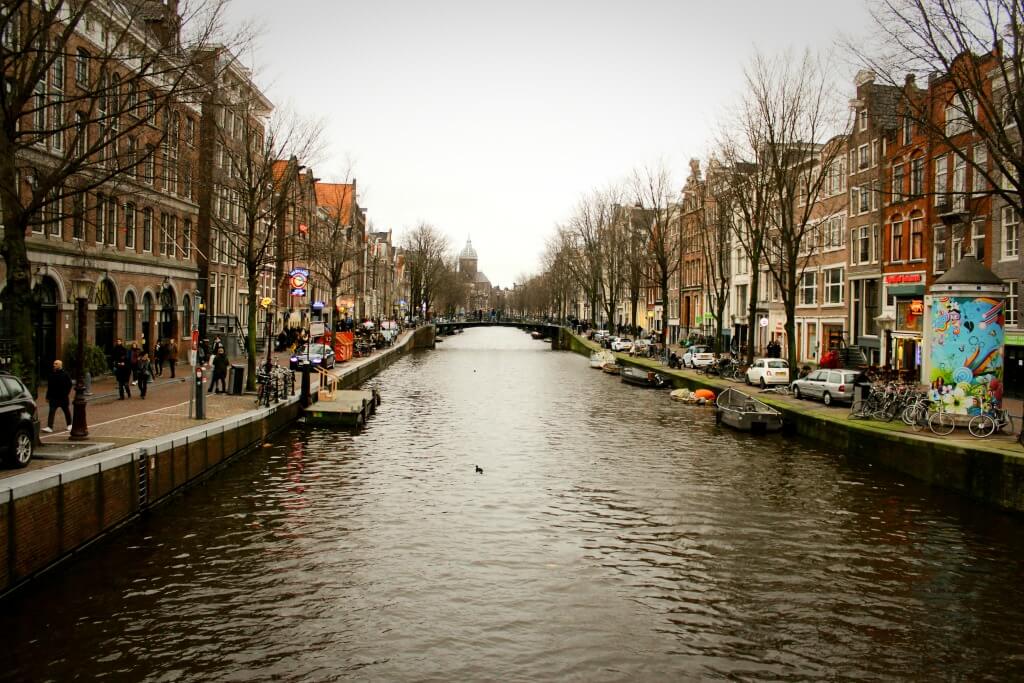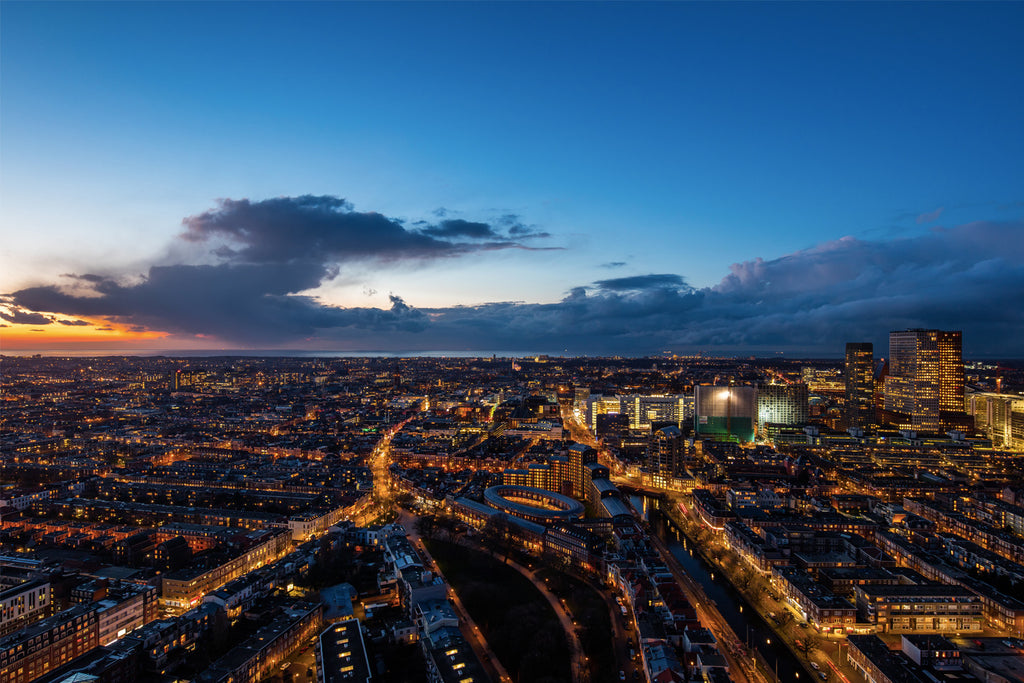work-life balance in // the netherlands
 photo: amsterdam, alexandra stan
photo: amsterdam, alexandra stan
We’ve previously discussed the perfect work-life balance in Sweden and Denmark, commenting on how the way of life in these countries has helped them to regularly be named at the top of the list of the best countries for happy and content residents. Whilst we expect Scandinavian countries to come out on top of similar lists, you may be surprised to learn that the Netherlands was recently named in the top three countries in the world for achieving the perfect work-life balance.
The Netherlands
The Dutch know how to create happy employees: fewer hours spent at work and more annual leave. This notion that keeping your staff happy will improve productivity is one that is echoed across all of the countries that frequently top work / life balance lists. Your working hours should be carefully balanced with leisure time, family time and time for yourself in order to produce the perfect lifestyle.
When you read into the Dutch way of life, it’s little surprise that they top lists of the world’s happiest nations. They spend less time at work than the average worker, receive extra ‘vacation money’ and regularly commute to and from work via bicycle, rather than crammed into stuffy tubes.
 photo: rotterdam, rik van der kroon
photo: rotterdam, rik van der kroon
Low working hours
Perhaps the main reason that the Netherlands maintains such a healthy work / life balance is that they spend significantly less time in work than other nations. The average Dutch person spends 1,380 hours a year in the work place – that’s just 26.5 hours a week! This low figure is due to the fact than many people work part time jobs, rather than full time jobs, allowing them to spend more time to themselves or on leisure activities. There is even a Dutch law that guarantees that workers have the right to ask for a role that allows for more relaxed working hours.
Even those who work full time tend to leave the office for the day at a sensible hour. It’s rare to find people working into the evening or arriving at work at the crack of dawn. OECD’s Better Life Initiative reported that less than 0.5% of Dutch employees work very long hours, which is the lowest result of all the countries that they researched.
Extra holiday pay
Paid holiday days vary all around the world, with workers allocated a certain amount of paid days off that usually averages around 20 days per year. The Netherlands remains average with its 20 holiday days, but has an exciting twist that makes it stand out against its neighbours: workers are paid extra money to take a holiday. The majority of workers receive a bonus of 8% of their annual salary just before the start of the summer holidays, allowing them to pay for their upcoming trips. This scheme operates alongside holiday pay, so you are still paid as usual for your leave with the bonus as an extra incentive.
 photo: rotterdam, by jurriaan snikkers
photo: rotterdam, by jurriaan snikkers
Relaxed atmosphere
The Dutch enjoy a much slower pace of life than many other countries, mainly due to their lower working hours allowing them to slow things down. There’s less need to rush around when you have more time on your hands. With the working day being significantly shorter than the rest of Europe, many workers choose to cycle or walk to work, rather than taking public transport. This extra burst of fresh air and exercise has been proven to make people happier, as well as giving obvious health benefits.
As they have more leisure time, the Dutch like to make the most out of this, by spending time outdoors, relaxing with family and friends, and visiting one of the many coffee shops that line the streets of towns and cities.
 photo: the hague, by gerrit vermeulen
photo: the hague, by gerrit vermeulen



 photo: amsterdam, alexandra stan
photo: amsterdam, alexandra stan photo: rotterdam, rik van der kroon
photo: rotterdam, rik van der kroon photo: rotterdam, by jurriaan snikkers
photo: rotterdam, by jurriaan snikkers photo: the hague, by gerrit vermeulen
photo: the hague, by gerrit vermeulen